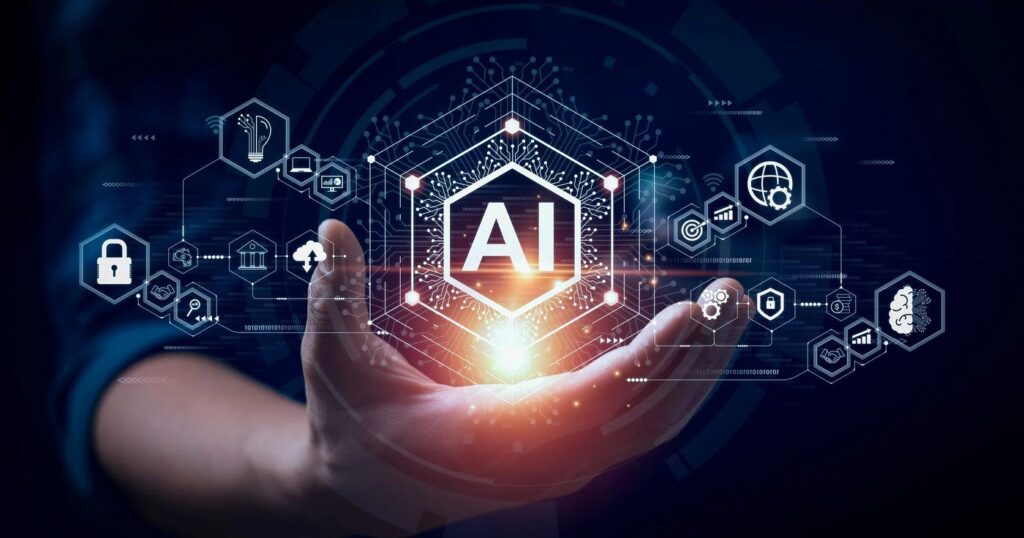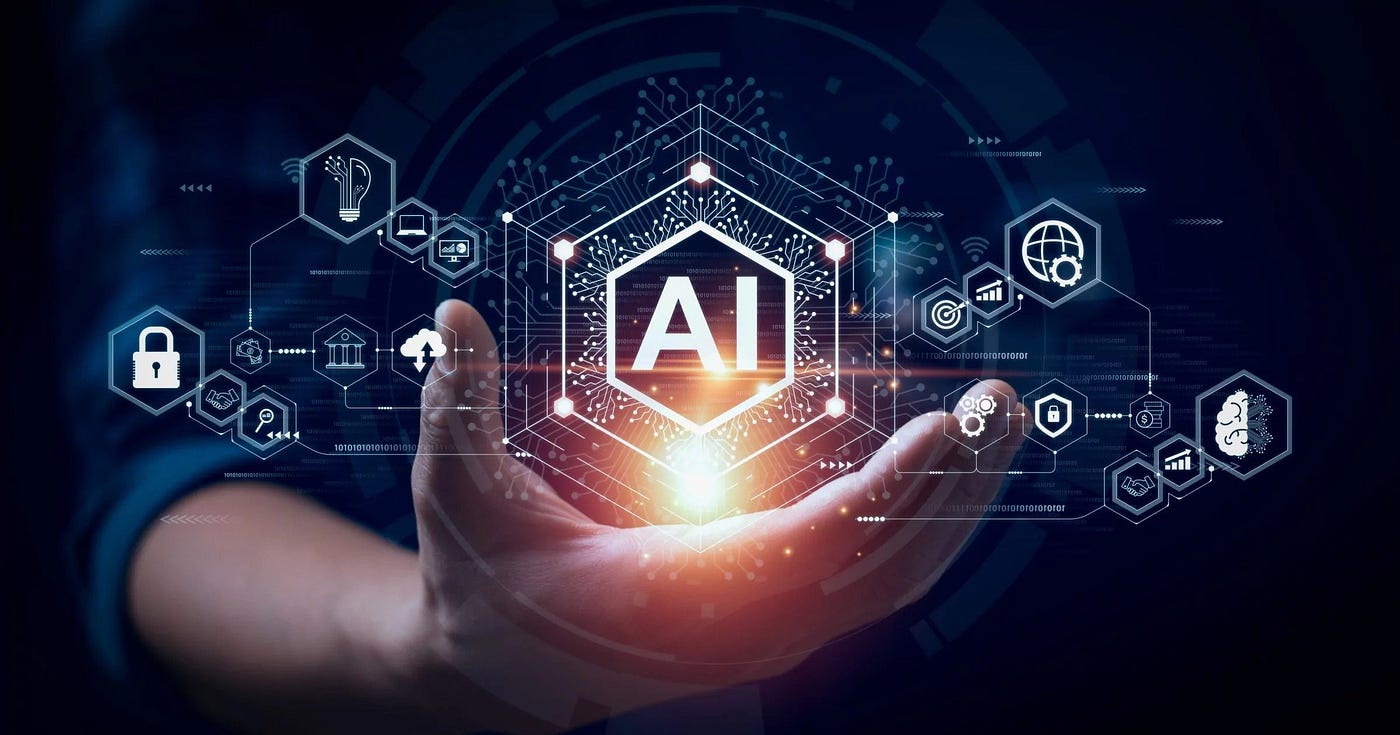In 2025, the fusion of artificial intelligence (AI) and container technology has reshaped the way businesses build, deploy, and scale intelligent systems. What was once the domain of experimental DevOps teams is now mainstream, as major enterprises, cloud platforms, and tech giants double down on making AI “container-native.”

🧠 AI in a Box: Docker and Kubernetes Lead the Charge
Software container pioneer Docker has rolled out a suite of tools designed specifically for AI developers. Their new Model Composition Platform (MCP) allows teams to treat AI models just like any other software component—packaged, versioned, and shipped in containers.
Meanwhile, Google Cloud’s Kubernetes Engine (GKE) has introduced inference-aware scheduling, enabling smart allocation of AI tasks across GPU, TPU, and CPU environments. This means faster AI services at lower cost and energy consumption.
“AI isn’t just running in the cloud anymore. It’s orchestrated, scaled, and managed like any critical app—with containers at its core,” said Anjali Rao, VP of Cloud Strategy at Google.
🛡️ Security Takes Center Stage
As AI workloads touch sensitive data and business-critical decisions, security has emerged as a central concern. New standards are emerging for securing AI container lifecycles—from development to inference.
Vendors like Aqua Security and Snyk are offering real-time threat detection for GenAI APIs, while startups are pioneering AI firewalls to prevent prompt injection and data leaks.
“If AI is the brain, containers are the body—and we’re the immune system,” joked Daniel Kong, CTO of an AI security firm.
📊 Enterprises Go All-In
According to the 2025 Enterprise Cloud Index, nearly 88% of enterprises now use containerization, and 83% are deploying generative AI in production.
Tech leaders like Microsoft, Amazon, and Dell Technologies have responded with powerful infrastructure solutions. Microsoft recently unveiled AI-focused upgrades to its Azure Kubernetes Service (AKS), including multi-cluster AI orchestration and prompt-driven DevOps tools under the name “PromptOps.”
Dell, on the other hand, is offering full-stack AI systems that combine storage, networking, compute, and Kubernetes—all ready to power enterprise-scale AI initiatives.
🌍 The Future: AI at the Edge, on Demand
Looking ahead, experts predict the rise of containerized AI at the edge—from autonomous vehicles to smart retail. Lightweight orchestrators like K3s are allowing even small devices to run AI in isolated containers, transforming real-time decision-making on a global scale.
“We’re witnessing a renaissance in distributed intelligence,” said Lila Banerjee, AI analyst at The Future Grid. “With containers and AI, intelligence is no longer confined to data centers—it’s everywhere.”
🧾 In Summary:
- 🧱 Docker and Kubernetes are now essential for deploying AI.
- 🛡️ Security frameworks for AI containers are rapidly evolving.
- 🏢 Major enterprises are going “all in” on containerized GenAI.
- 🧠 AI is not just smarter—it’s more portable, scalable, and secure.
